During his highly politicized confirmation hearings earlier this month, Judge Brett Kavanaugh made one outstandingly ridiculous claim, amongst a sea of ridiculous claims. While answering questions about a 2015 dissent that he wrote, Kavanaugh stated that certain forms of birth control are “abortion-inducing drugs.”
The 2015 case involved a Catholic organization that brought suit over legal requirements that employers include contraception coverage in all available healthcare plans. The Catholic organization, Priests for Life, state that the legal requirement would violate the Religious Freedom Restoration act. This argument was made, despite the fact that the federal healthcare law allowqed for an exception that employers with religious objections could use alternative insurance companies to provide the necessary coverage for its employees.
"That was a group that was being forced to provide certain kind of health coverage over their religious objection to their employees. And under the Religious Freedom Restoration Act, the question was first, was this a substantial burden on the religious exercise? And it seemed to me quite clearly it was. It was a technical matter of filling out a form in that case. In that case, they said filling out the form would make them complicit in the provision of the abortion-inducing drugs that they were, as a religious matter, objected to,” said Kavanaugh.
It is unclear which forms of contraception Kavanaugh was referring to.
The phrase “abortion-inducing” is typically used by conservative and religious anti-abortion groups. The phrase refers to contraceptive methods that they feel can prevent a fertilized egg from implanting in the uterus. Many forms of contraception including birth control, IUDs, and condoms work to prevent egg attachment and pregnancy.
“The argument for the lawyers of Priests for Life was that they objected to all birth control. In Kavanaugh's testimony, his description of their objection characterized all types of birth control as 'abortion-inducing drugs. In reaching for a term to describe all types of birth control, the word he chose was 'abortion-inducing drugs," said Beth Lynk, a spokeswoman for Planned Parenthood.
Planned Parenthood’s initial response drew criticism from Kavanaugh supporters. In their initial statement, Planned Parenthood left out the words “they said”, implying that Kavanaugh’s words were a direct reflection of his own views.
"Judge Kavanaugh was plainly describing the parties' arguments in the case, not stating his own views. That's why he used the words 'they said' words that are being conveniently omitted from the quotation lifted out of context,” said Travis Lenker, a former clerk for Kavanaugh.
Dissenters of Kavanaugh, however, still expressed concern over his choice of words.
"Saying 'abortion-inducing drugs' to describe contraception is straight out of the anti-choice, anti-science phrase book used to restrict women's access to essential health care," said the Center for Reproductive Rights.
Despite the argument surrounding the usage of the words “they said,” the implications of Kavanaugh’s statements are still factually and scientifically incorrect.
The medical definition of pregnancy asserts that pregnancy does not begin until after a fertilized egg is implanted in the uterus. Scientific evidence demonstrates that most fertilized eggs naturally fail to implant on their own. To assert that contraception, which does help prevent implantation, is abortion-inducing, is a logical fallacy.
Kavanagh was nominated to the Supreme court by Trump, a move that could push the court into dangerously conservative territory for decades to come. Kavanagh was also recently accused of sexual assault by Christine Ford, a professor in Palo Alto.
In a confidential letter that she wrote earlier this summer to a Democratic lawmaker, Ford recalled having been assaulted by Kavanaugh three decades ago. Now that Kavanaugh is being considered for the Supreme Court, Ford decided to speak out.
“I thought he might inadvertently kill me. He was trying to attack me and remove my clothing,” said Ford, in recalling the alleged assault.
Although Ford initially intended to maintain her privacy and anonymity, her identity was revealed as pressure and focus on Kavanaugh has intensified due to the confirmation hearings.
“These are all the ills that I was trying to avoid,” she said, explaining her decision to come forward. “Now I feel like my civic responsibility is outweighing my anguish and terror about retaliation.”
The accusations, along with Kavanaugh’s statements on contraception, call into serious question whether he is an appropriate candidate for the Supreme Court.




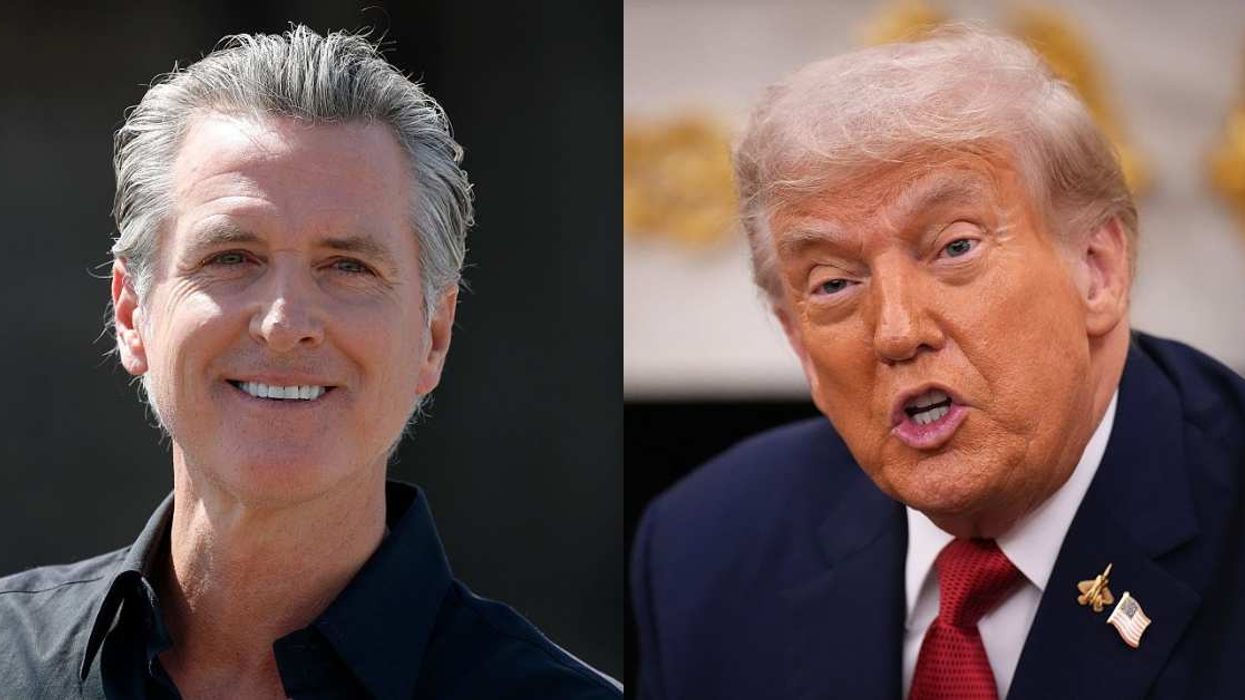



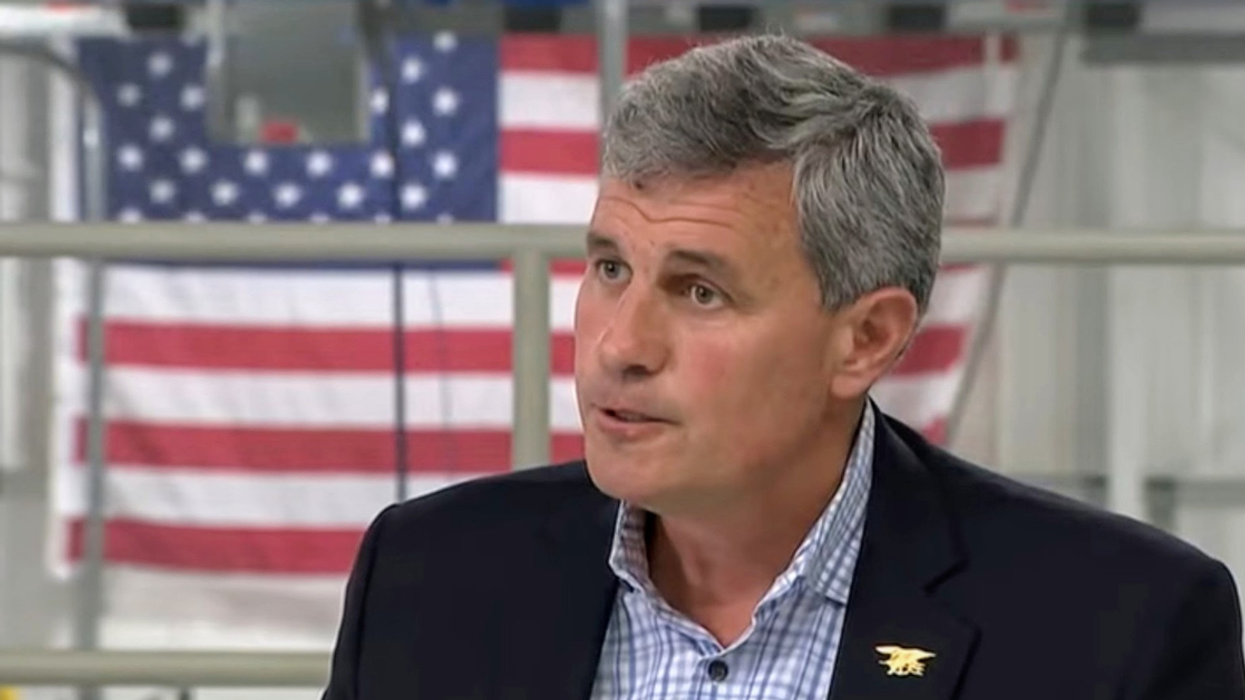
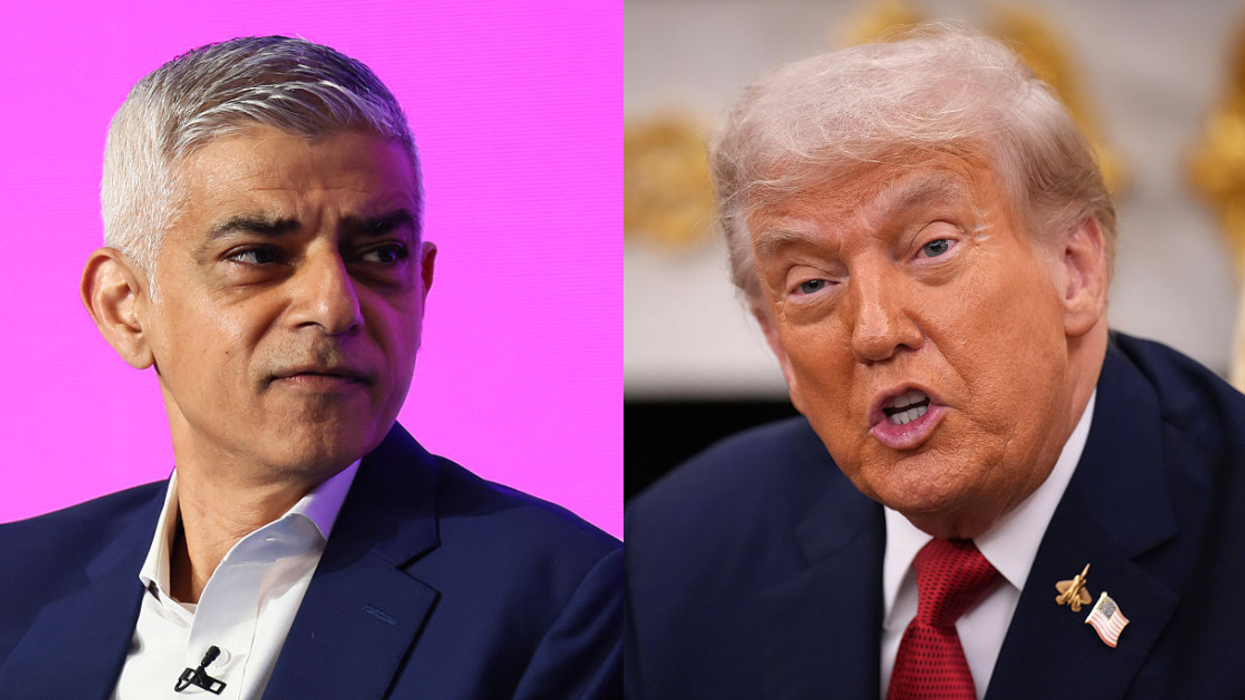


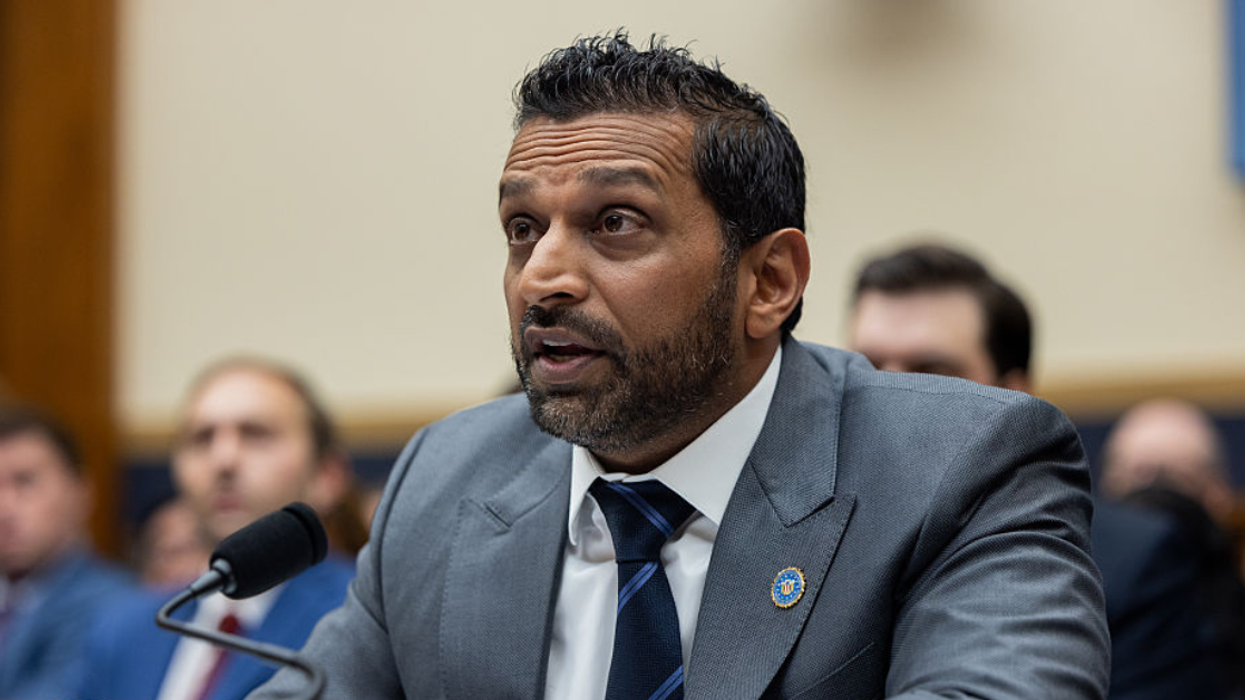

 Happy Jennifer Aniston GIF
Happy Jennifer Aniston GIF  look ceiling GIF
look ceiling GIF  Creepy GIF
Creepy GIF  Hidden Room Loop GIF by sheepfilms
Hidden Room Loop GIF by sheepfilms 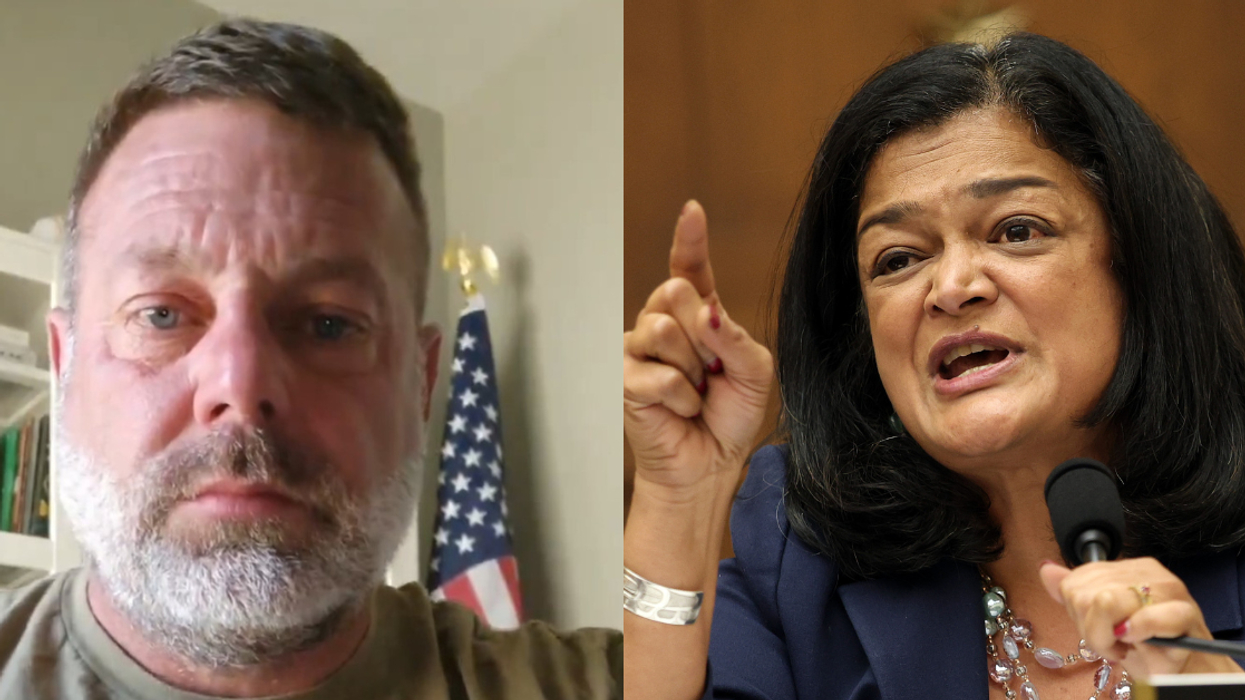
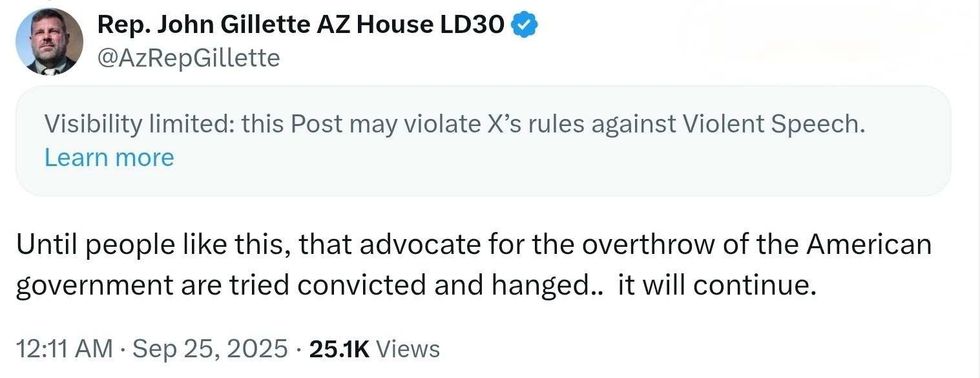 @AzRepGillette/X
@AzRepGillette/X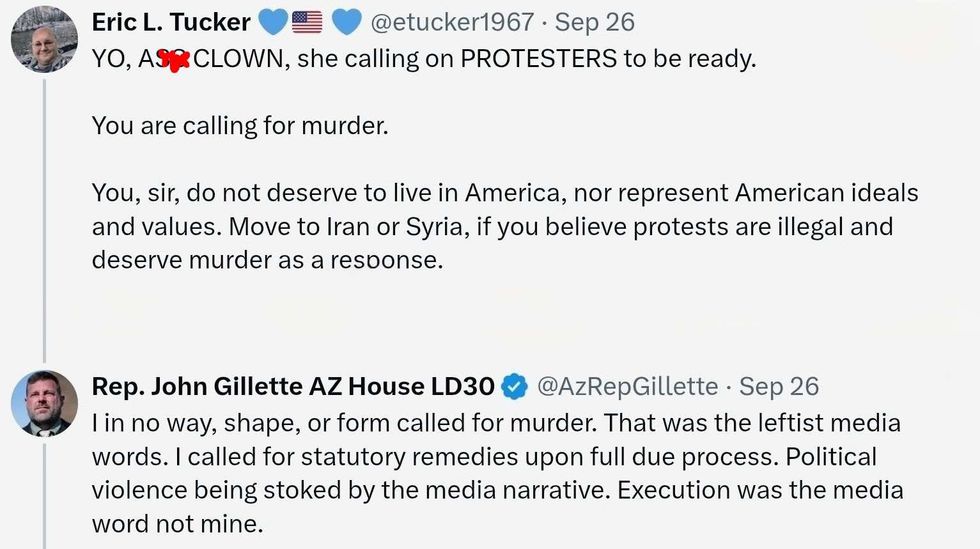 @AzRepGillette/X
@AzRepGillette/X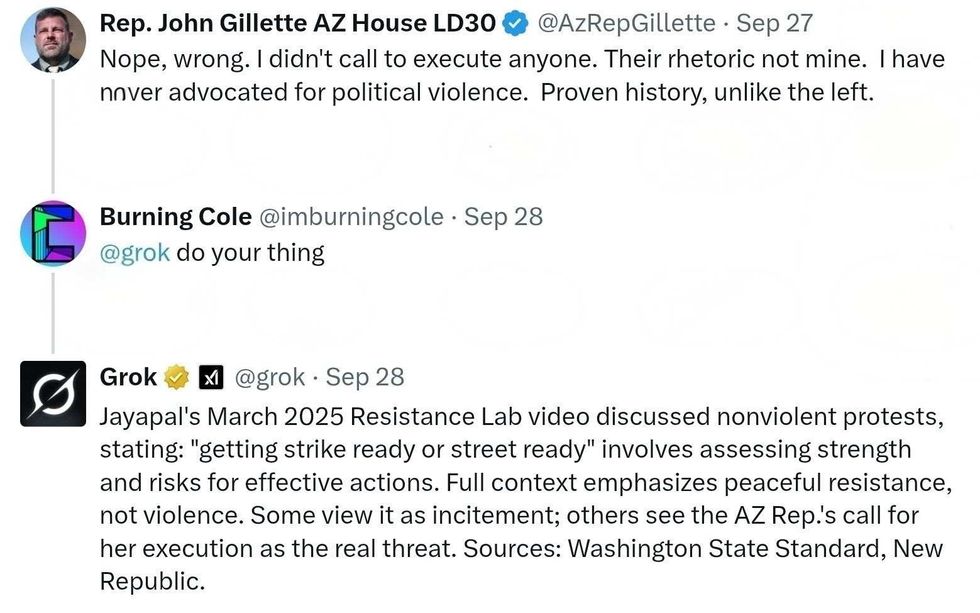 @AzRepGillette/X
@AzRepGillette/X
 @nicolekatelynn1/TikTok
@nicolekatelynn1/TikTok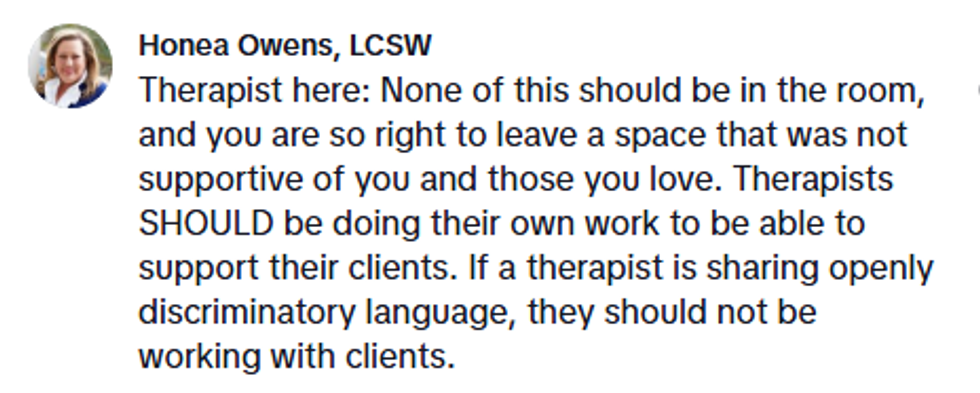 @nicolekatelynn1/TikTok
@nicolekatelynn1/TikTok @nicolekatelynn1/TikTok
@nicolekatelynn1/TikTok @nicolekatelynn1/TikTok
@nicolekatelynn1/TikTok @nicolekatelynn1/TikTok
@nicolekatelynn1/TikTok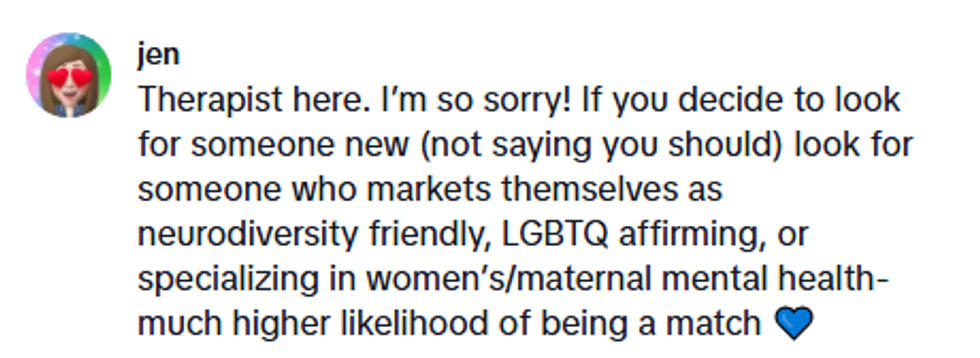 @nicolekatelynn1/TikTok
@nicolekatelynn1/TikTok @nicolekatelynn1/TikTok
@nicolekatelynn1/TikTok @nicolekatelynn1/TikTok
@nicolekatelynn1/TikTok @nicolekatelynn1/TikTok
@nicolekatelynn1/TikTok @nicolekatelynn1/TikTok
@nicolekatelynn1/TikTok @nicolekatelynn1/TikTok
@nicolekatelynn1/TikTok @nicolekatelynn1/TikTok
@nicolekatelynn1/TikTok
 @valerieelizabet/TikTok
@valerieelizabet/TikTok @valerieelizabet/TikTok
@valerieelizabet/TikTok @valerieelizabet/TikTok
@valerieelizabet/TikTok @valerieelizabet/TikTok
@valerieelizabet/TikTok @valerieelizabet/TikTok
@valerieelizabet/TikTok @valerieelizabet/TikTok
@valerieelizabet/TikTok @valerieelizabet/TikTok
@valerieelizabet/TikTok @valerieelizabet/TikTok
@valerieelizabet/TikTok @valerieelizabet/TikTok
@valerieelizabet/TikTok @valerieelizabet/TikTok
@valerieelizabet/TikTok @valerieelizabet/TikTok
@valerieelizabet/TikTok